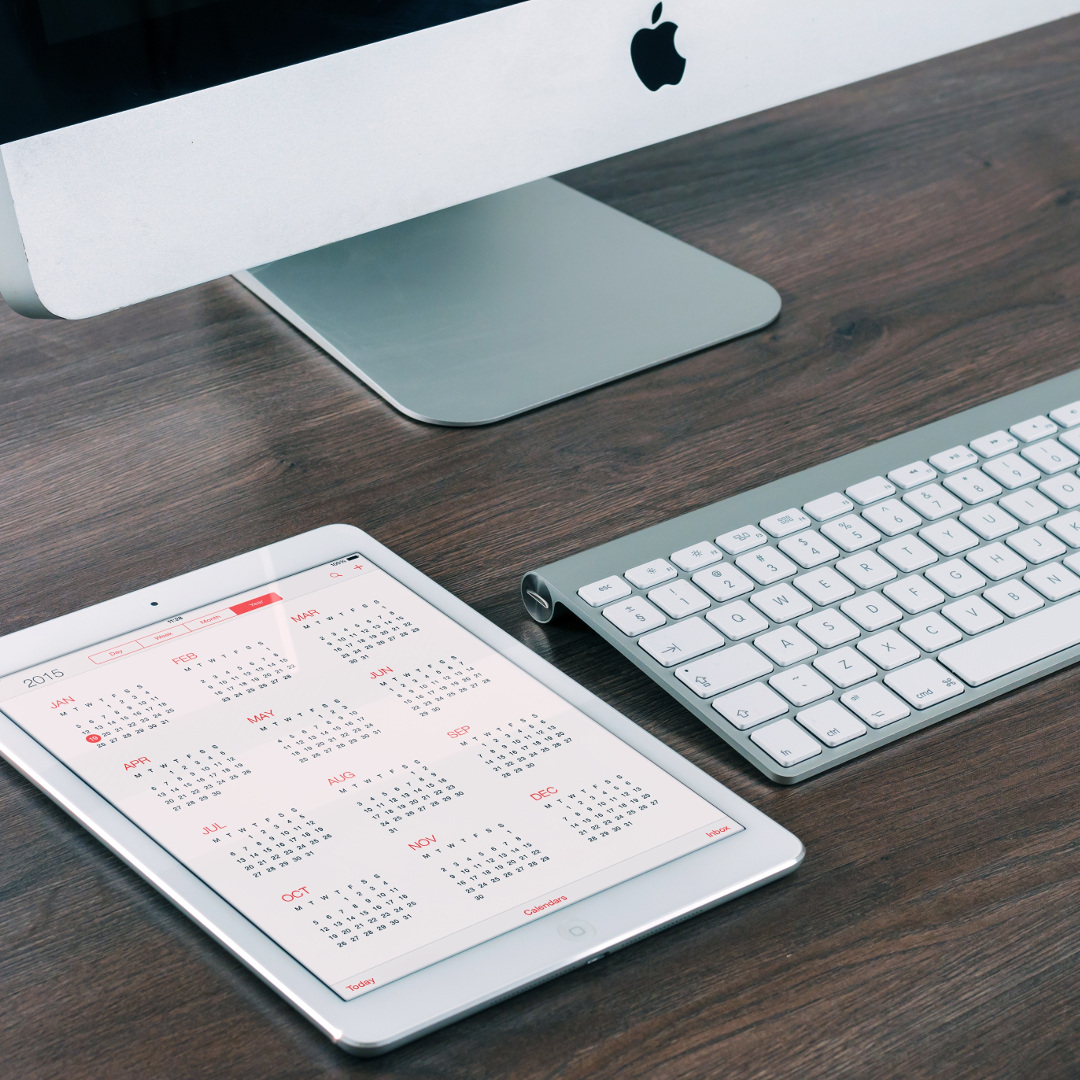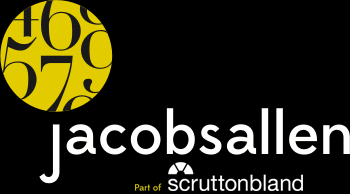Are you ready for the biggest tax change in decades?

Making Tax Digital is back on the agenda and businesses will soon be required to file quarterly tax returns as the annual self-assessment return is scrapped.
The much-talked-about Making Tax Digital (MTD) system is designed to help the Government recoup more than £8 billion a year in ‘avoidable’ lost tax revenues.
Under the new legislation, business owners will have to maintain digital records using compatible software and provide quarterly summaries of tax data as well as a finalised year-end position to HMRC.
Self-employed taxpayers will have the option to make ‘pay as you go’ instalments based on the quarterly data submitted, easing the burden of an end-of-year tax bill.
The changes were due to come in from April 2018 but were scrapped from the Finance Bill as it was rushed through before the snap election. We can, however, expect MTD to form part of the revisited second Finance Bill 2017 which will be debated once parliament resumes in September.
With that in mind, our team of chartered accountants and chartered tax advisers here at Jacobs Allen are encouraging clients to be prepared for the changes. Those who move over early will have more time to learn how online record-keeping works before they are required to submit their quarterly updates.
Originally, all businesses, self-employed workers and landlords earning more than £10,000 a year were going to be expected to keep digital accounts but under the amended timeline MTD will only affect businesses with a turnover above the VAT threshold.
These businesses will be required to keep digital records for VAT only from 2019, while smaller businesses and those who earn a secondary income from property or self-employed work will not be asked to change over until at least 2020.
The new digital accounts, which will unite each taxpayer’s details in a single place, will be phased in from April 2020.
Details of the software are yet to be confirmed. However, we do know that it will connect to an HMRC application programming interface (API) and share data with HMRC.
Free MTD software has been discussed, but to date no viable option has been found. As a result, we are advising you or your business to budget for this expenditure and the estimate originally given by HMRC was £280 per business. This figure is subject to change and it is worth bearing in mind that whichever accounting software you choose needs to suit the size of your business not only now but also in the future, so we recommend you factor in projections for three years after your business begins the digital transition.
With many more individuals keeping digital accounting records and electronic interactions between taxpayers and HMRC poised to soar with MTD there is a fear cyber criminals will recognise an opportunity to target taxpayers and their agents. It is therefore imperative to take steps to protect your business from this growing threat. If you opt for cloud-based digital accounting software, ensure you have the utmost confidence in your cloud provider. Passwords should be strong and changed regularly, you should ensure you have the latest anti-virus software installed on all your systems and you should be wary of phishing emails.
Despite the uncertainty surrounding MTD, it’s more important than ever for your business to maintain accurate accounting records in the build up to this radical change. The digital changeover will be a huge challenge without the additional worry of disorganised records and the potential penalties that come with it.
For more information see our video on Making Tax Digital or call us today .

